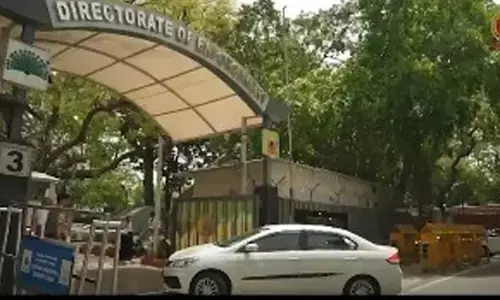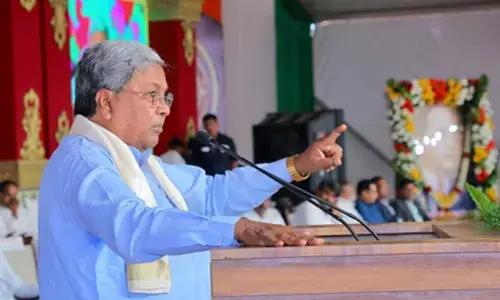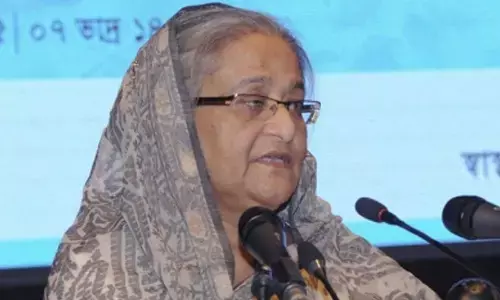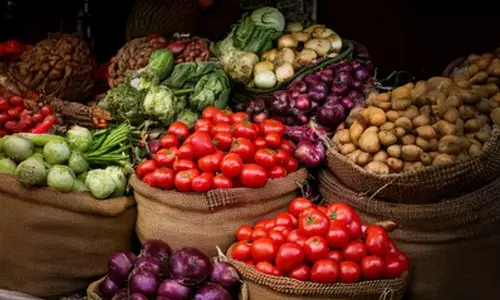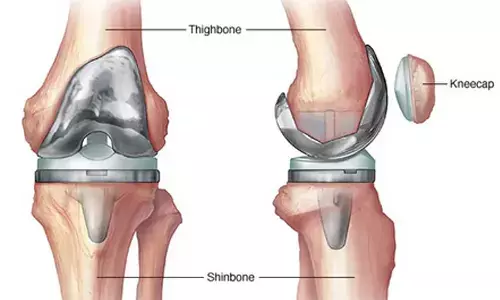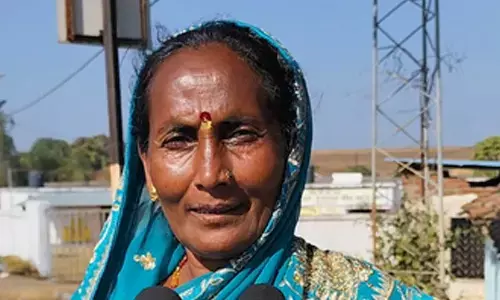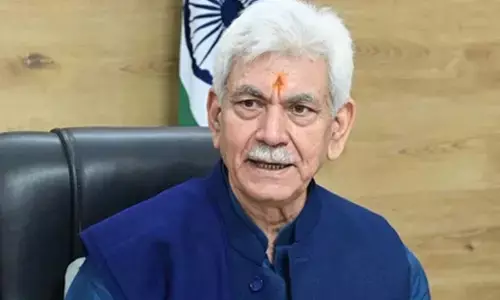Hyderabad: PJTSAU to frame SOP for drone applications to carry out precise farming
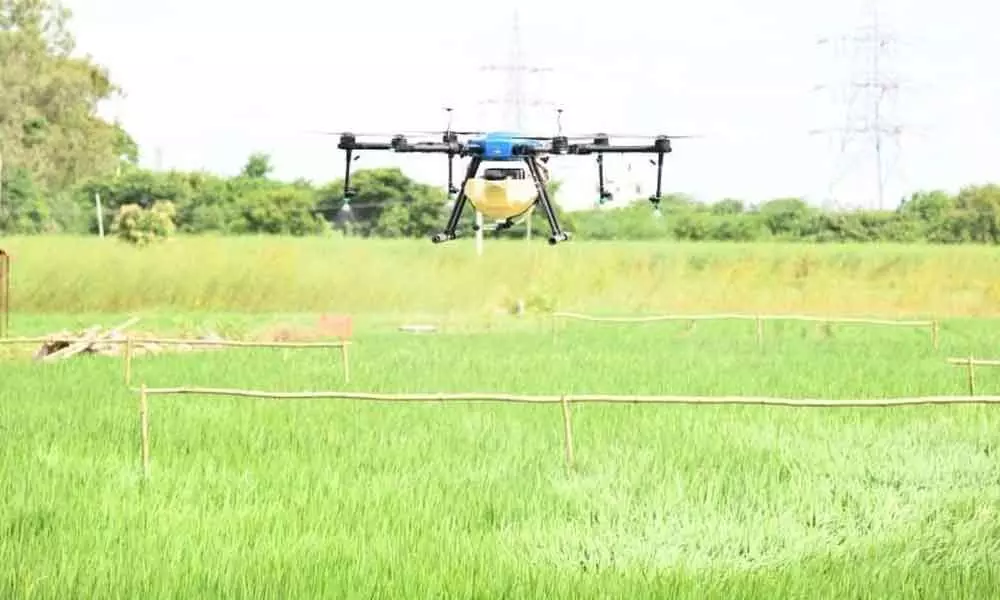
PJTSAU to frame SOP for drone applications to carry out precise farming
Use of drones for plant protection is gaining popularity among the farming community
Hyderabad: Following precise use of Unmanned Aerial Vehicles (UAVs) – also known as drones to carrying out farming precisely, the Professor Jayashankar State Agricultural University (PJTSAU) is now in the process to bring in Standard Operative Procedure (SOP) – a framework for drone applications to take up uniform cultivation of crops and to monitor allied activities more accurately without counting much on labour force.
"Use of drones for plant protection is gaining popularity among the farming community. It has the advantage of precision delivery of chemicals to the right place at the right time without exposing the spray operator to harmful chemicals apart from saving time and labour.
Different types of agricultural applications like assessing the disease, pest damage, spraying of pesticides, applications of fertilizers, monitoring and assessment of disasters, crop damage, ultra-high dimension pests scouting, detection of pest-free areas, weed monitoring, protection from wild animals, and transporting of inputs could be carried out effectively with the use drones.
Tune in on the Telangana government's keen interest in employing drones into the field of agriculture, the PJTSAU also in the process of preparing Standard Operative Procedure (SOP) squarely to carry out agrarian and allied activities more precisely and to demystify the technology with valid scientific backing, informed V Praveen Rao, vice-chancellorprofessorJayashankar Telangana State Agricultural University (PJTSAU),Rajendranagar.
He said"SOPis being prepared to accelerate the throughput involved in catalysing all the technology-enabled modules aimed to robust the realm of monitoring, review of the process, and in house operations that involved growing various crops and cultivation as per the standards and estimations.
Shortly, the university in collaboration with Marut drone and the Asian Flight Pacific Training Institute (PJTSAU) will provide skill-oriented training for rural youth as drone pilots and other different stakeholders."
"However, UAVs are already being used to carry out spraying on several crops grown on the sprawling fields spread into the university, adding that during the Kharif season last year and in Rabi season this year we put the drones into action.
We used drones to spray the crops of sesame and groundnut in Rabi while Paddy, Cotton, and Red Gram in Kharif. However, moving a step further we are now focusing on knitting a framework that can monitor the crops and allied activities more precisely" vc informed.
"Drone and agricultural application technology has shown some proven efficacy in agriculturally advanced countries like the US, Netherlands, New Zealand, Israel, and Australia.
The technology is getting developed very rapidly now and even getting localized based on the climatic condition of the particular areas. Drone gives a positive consideration with regard to throughput involved in raising crops and monitoring their growth every moment.
However, for each crop, there is a different drone application. It cannot be applied to all the crops in all the climatic zones. Each agricultural climatic zone favours certain crops and disfavoured certain other crops.
As such all the drones are not useful for all the agro-climatic zones. The successful implementation of UAVs depends on the economic viability, affordability, and the farmers' knowledge level," said Dr Ch Subba Raju, agricultural expert.








